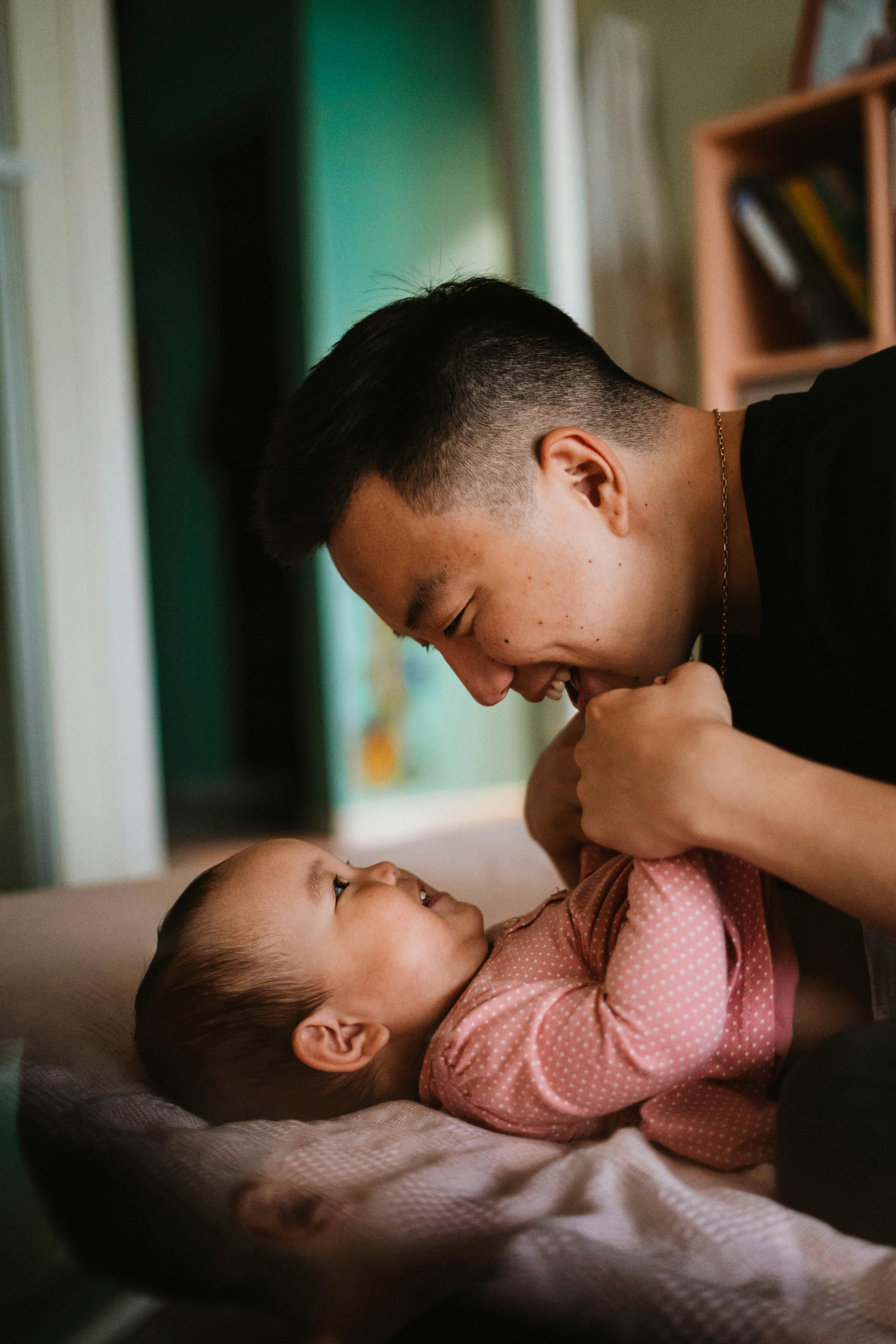Table of Contents
Supervision and Monitoring
One of the most important aspects of babysitting is providing adequate supervision and monitoring of the children in your care. It is essential to keep a close eye on the children at all times, as accidents can happen in a matter of seconds. Make sure to stay in the same room as the children, especially if they are young or if there are potential hazards nearby. Avoid leaving the children unattended, even for a short period of time. If you need to step away, make sure to bring the children with you or have another responsible adult supervise them.
On-Demand Childcare in Your Neighborhood
Book a Sitter
Emergency Preparedness
Being prepared for emergencies is crucial when babysitting. Make sure to familiarize yourself with the emergency contact information for the children you are babysitting, including their parents’ phone numbers, addresses, and any other relevant contact information. In addition, be aware of the nearest hospital or urgent care facility in case of a medical emergency. It is also a good idea to have a list of emergency contacts, such as neighbors or family friends, who can assist in case of an emergency. Being prepared for emergencies can help you respond quickly and effectively in a crisis.
Basic First Aid
Having a basic understanding of first aid is essential for babysitters. Accidents and injuries can happen at any time, so it is important to know how to respond in a medical emergency. Make sure to familiarize yourself with basic first aid procedures, such as treating minor cuts and burns, performing CPR, and responding to choking incidents. Consider taking a first aid and CPR certification course to enhance your skills and knowledge. Having the confidence to administer first aid can make a significant difference in the outcome of a medical emergency.
Household Safety
Before babysitting, take the time to assess the safety of the household where you will be caring for the children. Look for potential hazards, such as sharp objects, choking hazards, or slippery surfaces. Make sure that all dangerous items, such as cleaning supplies or medications, are stored out of reach of children. Check for any loose cords, furniture that could tip over, or other safety hazards that may pose a risk to the children. It is also important to ensure that smoke alarms and carbon monoxide detectors are in working order.

By taking these precautions, you can create a safer environment for the children you are babysitting.
Childproofing
In addition to assessing the household for safety hazards, it is important to childproof the environment to prevent accidents from occurring. Childproofing involves taking steps to make the home safer for children by installing safety gates, outlet covers, door knob covers, and other safety devices. Make sure to secure any furniture or appliances that could present a risk of tipping over. Keep small objects, such as toys or household items, out of reach of young children to prevent choking hazards. By childproofing the home, you can reduce the risk of accidents and create a safer environment for the children in your care.
Conclusion
As a babysitter, it is your responsibility to prioritize the safety and well-being of the children in your care. By understanding and implementing essential safety procedures, you can create a safe environment and respond effectively in case of emergencies. Supervision, emergency preparedness, first aid, household safety, and childproofing are key areas to focus on when babysitting. By being proactive and prepared, you can ensure that the children you are babysitting are in good hands. Remember, safety always comes first.










